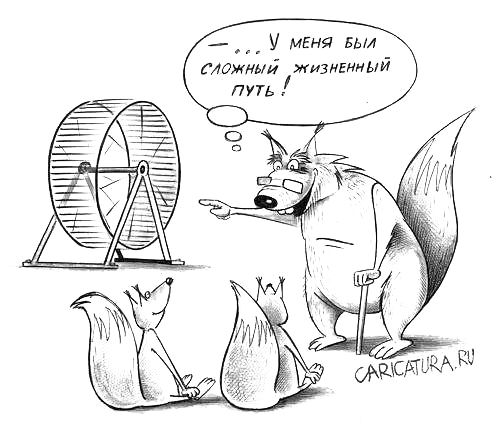Efficiency, productivity, performance are all almost mandatory words when talking event management process. There have been so many discussions about life/work balance for eventplanners; handling stress and focusing on self well-being while trying to cope with ever growing number of tasks; as well as how to not burn out under constant pressure and keep loving what we love doing – making great events and meetings happen. I’ve recently read an interview with Elena Klishina (note: in Russian), communication and management expert and business coach, where she provides an insightful information about various practices to help maintain efficiency in one’s personal life and business. While all she talks about can be applied to anybody and at any circumstances, I found some things deeply resonating with the context in which event and meeting planners operate.

‘I’ve got a difficult life walk’
So below are some of my thoughts about what could be particularly helpful for event planners to consider and practice.
You all know, any event manager is buried under an endless pile of tasks, emails, calls. Every minute is put into their Google calendar, and this routine repeats daily, monthly, yearly. No matter if you are a freelance, corporate or agency-based event planner – you most likely find yourself in this catch 22: forgetting about yourself, your own wishes. Stress levels increase as does a number of to-do lists. Non-ability to say ‘stop’ and ‘no’ and to listen to self is unfortunately too familiar to so many of us. Time management does not help either – or we don’t have time to do the time management. So finally an interesting job stops being a joy.
Below are my thoughts on the ideas Elena talks about, put in the context of an event planner’s job (and if you can, just read the interview in full – it definitely is a great read). I summarised them as five practices:
- Self-consciousness. Watching over yourself; getting used to asking yourself once here and there: what am I doing? what do I feel? what do I want? These (at first simple, but probably not so much) questions help get yourself out of the current situation or stress and have another look from outside. In the long-term, it certainly helps find yourself in such situations less often and improve your communications. This technique is a great benefit for any eventprof who every day communicate a range of issues to a range of very different (and sometimes not easy-going) people.
- Singletasking – a word you can rarely hear in the events & meetings community. While multitasking is a requirement in every job description and every CV boasts the same as one of the great advantages of the potential employee, seems like there is another trend coming. Singletasking (focusing on one task at a time) as it turns out, can lead to even greater results – of course if one knows how to do it right.
- Energy diary. “What is it? When you notice: you’re in a great mood, you’ve got some energy surge. Ask yourself: what has just happened that made feel like that? And write it down. It’s best to put it down somewhere and not to rely on your memory. So finally you’ve got a list of those things that work particularly for you and make you get into that resource state of mind“. Now, again every event planner meet a large number of people, face a large number of situations, emotions and vibes every single day. Vibes. You may or may not believe in this, but surely you can remember a situation when some person or some event can make you happy over just five minutes, while another person or event can get you feel irritated or even depressed over the same amount of time. I believe in good and bad vibes. Thus I think this technique would be an excellent way to keep a good and joyful spirit. Just write down what makes you feel good and what does not. You then can use first list of things whenever you need to cheer yourself up. On the opposite, knowing what makes you feel bad, helps eliminate these things from your life, or at least lower its frequency.
- Focus. This word is one of the interview’s main messages, I suppose. It refers to many things: singletasking; identifying strategic goals – both short and long-term ones; concentration management (meaning focusing on main tasks, prioritising). It is just an invaluable skill, especially taking into account that planning, to-do lists and the like are all the air any eventprof breathe in and out. To be able to plan everything right and not to miss a single detail, an ability to concentrate is a must. Elena advises to determine three most important tasks per day and execute them by all means.
- Anti-schedule. I’ve never heard about it before, and I should say the idea fascinates me: when setting up your schedule, put your holidays – short and long ones – in to your calendar first, and only then plan your business routine, trips etc around the set holidays dates/times. Well, some would say it is not real, at least can’t work for everybody. I see a lot of sense in such approach though. Not the least is the consideration that this way leads to a positive changes in your job routine: having a good rest (and by scheduling it first you make sure you definitely are going to have it) means feeling physically and emotionally better; having more creativity and new ideas, getting more things done in a lesser time etc. Basically, exactly everything an event planner needs!
And finally, one more thing – simple and genius – a reminder that it is not that successful people get happy; it is that happy people get successful. Start with yourself to touch the new heights in whatever you love doing.

Image source: myefficiency.ru
ME



